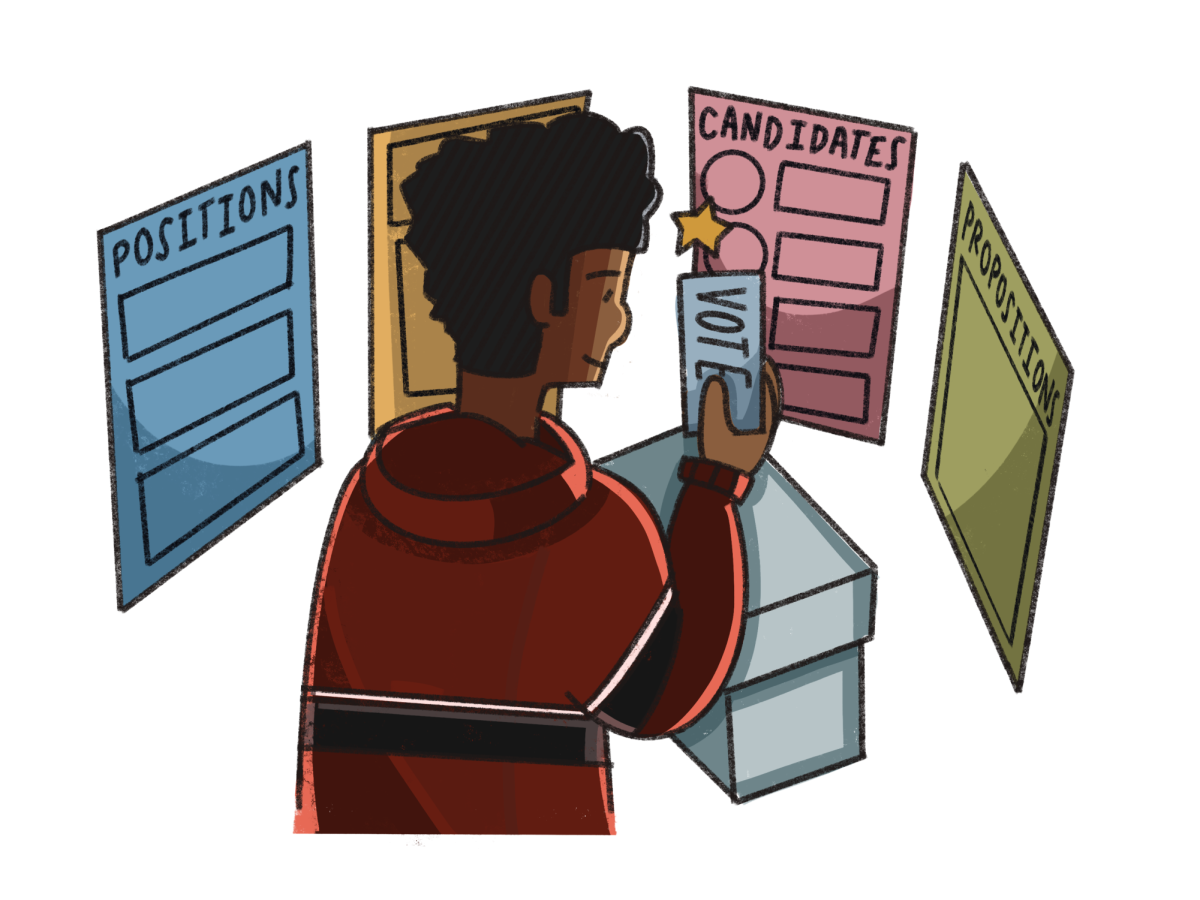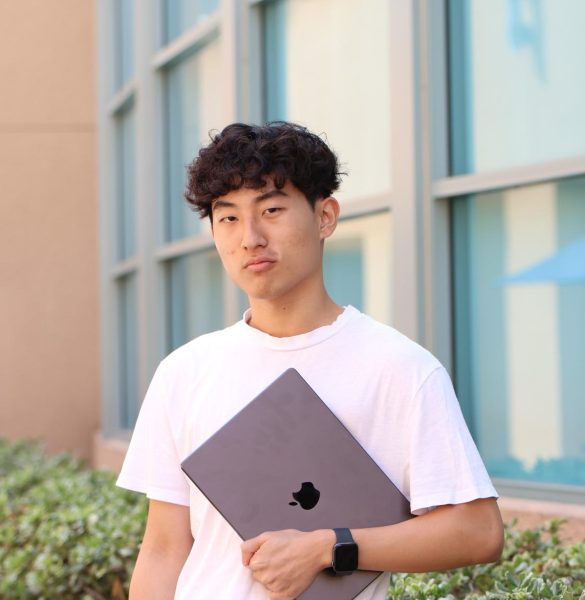Amidst the spectacle of presidential elections— the conventions, debates and plenty of drama— it’s easy to overlook the quieter, oft-neglected races that consist of the lower half of our ballots. Local elections—selecting our mayors, city councilmembers and the school board— admittedly lack the glamour of being in the national spotlight, but they keep America moving. It is in the offices of our forgotten leaders where the most immediate and important decisions in our lives are made, and a similar level of scrutiny should be spent on these elections.
The lack of awareness about local elected officials is a well-documented phenomenon. According to a report compiled by researchers at Portland State University, voter turnout for mayoral elections in 15 out of 30 of America’s largest cities was below 20% in 2016, significantly lower than the 66% turnout rate for the 2020 presidential election, which consisted of well-known candidates nationwide. Many are also unaware of their local elected officials, with a John Hopkins University study finding that a third of respondents were unable to name their governor, much less their local officials.
It is difficult to pinpoint what exactly leads to this dearth of knowledge, but a good starting point may be the decline of local news. According to a report from Northwestern University, more than half of U.S. counties do not have a reliable source of local news available in their area.
Residents of these areas, known as “News Deserts,” are more likely to encounter misinformation and political corruption, which makes sense. How would you hold someone accountable when you don’t know who exactly is doing what?
The consequences of this lack of coverage are far from minor. Officials elected in low-turnout elections with little coverage have enacted divisive and far-reaching changes, including school board policies on educational and social policies in their districts.
Measures passed just in Southern California, ranging from “parental notification” policies to rejecting state-approved history curriculums, are just a few examples of the consequences of the lack of awareness in local affairs and elections.
Undeniably, the quiet nature of local elections makes it difficult to draw engagement with the public, especially when compared with federal elections and politicians who debate big-button issues with national implications. It’s natural that people are drawn to national politics above local ones— it is hard to avoid Washington’s 24/7 news cycle.
Letting the glitz of it all overshadow the significant power that local officials have, however, would be a mistake. The lack of public engagement is exactly what allows local elected officials who may not know the wants of the public to make decisions that directly affect our everyday lives. Textbooks, roads and clean public facilities, while not as flashy as a government shutdown, are issues that are worth our attention.
The backbones of American democracy lie not only in the glossy headlines of D.C. happenings but in the quiet offices of local officials. Engaging with your local government—picking up a copy of the local newspaper, attending a school board meeting or simply knowing who your city council representative is—allows you to have a voice in the functioning of your community.
You can also take steps towards being an informed voter; voting guides from your union or local news would be a great start (your AI chatbot is not quite ready to give you election advice).
Democracy is not, and cannot be, just a spectator sport. You must participate in it for it to be complete. It is in the seemingly mundane where we can truly make a difference, brick by brick, one vote at a time.



![AAAAAND ANOTHER THING: [CENSORED] [REDACTED] [BABY SCREAMING] [SIRENS] [SILENCE].](https://thehowleronline.org/wp-content/uploads/2025/06/lucy-1200x800.jpg)

















































